At Newcastle Grammar School, our bespoke wellbeing programs are developed through a whole school approach with a systemised, overarching framework. This is then defined and crafted into age-appropriate initiatives, identifying the needs of students at each age of learning as well as each individual.
Kindergarten students are introduced to the foundation of wellbeing literacy, which is built upon right through to Year 12. In addition to the whole school approach and frameworks at NGS, the School also actions specific programs for different age groups.
When our students apply their strengths, appreciate that resilience only comes after the hardship that preceded it, adopt a growth mindset, express gratitude, and understand the importance of relationships, only then are they positioned to take on the challenges of their daily lives.
At Newcastle Grammar School, wellbeing is delivered using a Positive Education program and Visible Wellbeing™ approach. Positive Education is the application of the science of wellbeing (positive psychology), through programs and practices, to give students and staff the skills required for wellbeing and improved academic, social and emotional engagement. Principles of the science of wellbeing include growth mindset, gratitude, resilience, grit, deliberate practice, flow and mindfulness.
Discover how Newcastle Grammar actions the Positive Education approach here.
Kindergarten to Year 6
In the Primary Years, students are still at varying stages of developing formative social skills including resilience and empathy. URSTRONG is a whole-school friendship strategy that explicitly teaches children how to develop healthy friendships and manage conflict in a positive way. At NGS we recognise that these important social skills are vital to creating safe and supportive schools and raising kind and strong children.
Our NGS Primary families are encouraged to support the program by committing to become a URSTRONG family. With teachers and carers all supporting children by using a common ‘language of friendship’, our goal is to create a safe and inclusive environment for all students to effectively develop in their social and emotional competence.
The Friendology curriculum is strongly aligned with the five PERMA (Positive Emotions, Engagement, Relationships, Meaning and Accomplishment) domains of wellbeing with the greatest emphasis on Relationships. The URSTRONG framework supports current research in Wellbeing Science that positive, healthy relationships contribute significantly to improved resilience, overall happiness and life satisfaction.
In addition, other initiatives for Kindergarten to Year 6 students include:
- The Kinder Buddy program which assists our youngest students to feel a sense of belonging and connectedness to their peers at Park Campus.
- Primary Friendship Leaders to offer support and advice to students in the playground who are experiencing friendship challenges.
- Lunch clubs which offer passive play and creative play options for students who prefer an alternative to the playground setting.
Year 7 to Year 12
From Year 7, wellbeing is actioned within the vertical House system. Each student is allocated to one of the four Houses: Tyrrell, Macquarie, Shortland and Hunter. Each House has Mentor teachers and a Head of House, who meet with students each morning and in scheduled wellbeing periods throughout the week.
In the Secondary Years, the House Terms are used as a vehicle for Positive Education activities, with a variety of themes to inspire students to consider Wellbeing. Secondary Years students also attend explicit Positive Education lessons as well as undertaking wellbeing practices in Chapel services.
The school has recently introduced Student Wellbeing as a portfolio for two School Prefects, allowing students their own say in the development of wellbeing at NGS. In addition, the Secondary Mentor and House System complements wellbeing activities.
Read more about the House System here.
“When we feel good, we function well.
– Lea Waters
When we function well, we can do good.”
